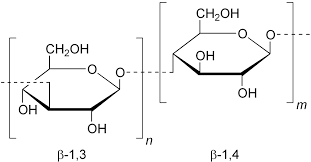When is BDG testing appropriate?
Beta-D-glucan (BDG) testing can help in the diagnosis of Pneumocystis pneumonia or invasive aspergillosis or candidiasis, but testing of unsuitable patients can lead to false positives and unnecessary antifungal treatment.
Dr Valeria Fabre and colleagues looked at testing records at Johns Hopkins University School of Medicine (Baltimore, USA), where ordering the BDG test is unrestricted. When they excluded patients with HSCT/SOT or other active haematological malignancy, 49% of the remaining BDG tests had been ordered inappropriately, costing the hospital at least $45,000 dollars per year.
Testing is only appropriate if:
1) Clinical presentation is compatible with a fungal infection
2) One or more predisposing factors are present (immunosuppressant treatment; travel to endemic area; low CD4 count)
In some cases tests had been ordered for patients who lacked BOTH these criteria, or were already receiving antifungal therapy.
False positives are more common in patients who had received albumin, IVIG or TPN, and for a few days after surgery when cotton or rayon surgical swabs have been used. BDG is not a marker for mucormycosis or cryptococcosis.
MRCM offers the Fungitell BDG test with a turnaround time of 1-3 days. Send us a sample.

